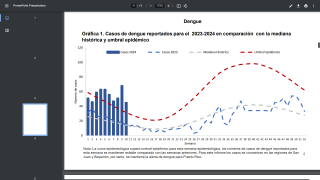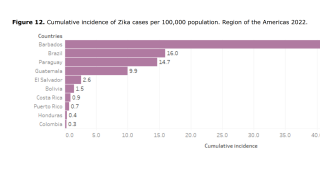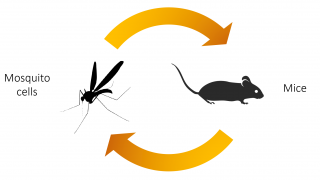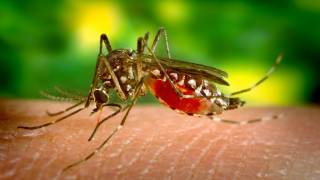Don’t Bring Zika Home This Summer

Contrary to everyone's hopes, the Zika virus has returned to the USA and its territories in 2019.
As of June 7, 2019, the states of California (19), Florida (20), and Utah (1) have reported 40 travel-related Zika cases this year.
Thus far, these states have documented Zika infections in people who were infected while traveling abroad.
Additionally, Puerto Rico recently confirmed 18 Zika cases to the Centers for Disease Control and Prevention (CDC). These new Zika cases were acquired through the presumed local, mosquito-borne transmission during 2019.
These new Puerto Rico cases are in addition to the 146 Zika cases confirmed by the CDC during 2018
Unfortunately, there have been 9 pregnant women confirmed in Florida with Zika.
This information is very concerning from a public health perspective. While many people with Zika virus infection experience no symptoms, the virus poses potentially serious risks to unborn children.
A recent study found pregnant women who become infected with Zika early in pregnancy at 17 times more likely to deliver a baby suffering from Microcephaly, and other negative health conditions.
Various health agencies continue to recommend pregnant women and those considering pregnancy, avoid traveling to Zika endemic countries, such as Puerto Rico. And, these women should refrain from sexual contact with a Zika infected person.
To alert travelers prior to planning an international trip, the CDC publishes a ‘map’ of countries reporting Zika cases.
In a few situations, the CDC, Canadia and UK governments have issued specific Travel Alerts for specific countries.
During 2019, Zika-related Travel Alerts have been issued for countries such as:
The Zika virus is spread to people primarily through the bite of an infected Aedes species mosquito, says the CDC. These are the same mosquitoes that spread dengue and chikungunya viruses.
These risks have increased the importance of having a Zika diagnostic test available.
In response to this need, a test that detects Zika virus immunoglobulin (IgM) antibodies in human blood was approved by the U.S. Food and Drug Administration, on May 25th, 2019.
The ZIKV Detect 2.0 IgM Capture ELISA is designed to identify proteins (antibodies) produced by the body's immune system when it tests for Zika virus infection in the blood.
IgM antibodies indicate an early immune response.
This Zika test is for use only in patients with clinical signs and symptoms consistent with Zika virus infection, and/or who meet the CDC’s Zika virus epidemiological criteria, such as a history of residence in or travel to a geographic region with active Zika transmission at the time of travel.
Results of this test are intended to be used in conjunction with clinical observations, patient history, epidemiological information, and other laboratory evidence to make more informed decisions.
Every diagnostic test can generate false positives and negatives, which is an important reason to test only when there are good clinical reasons.
Furthermore, researchers around the world are trying to develop Zika vaccines using different platforms like DNA vaccines, live attenuated vaccines, and adeno-associated virus vaccines.
Here are recent Zika vaccine development news articles:
- Zika Vaccine Research Receives $2 Million From the DOD
- Zika Vaccine Candidate Doses 1st Patient
- Zika Vaccine Candidate Begins Human Testing
Anyone who has not already been infected with the Zika virus can get it. Once a person has been infected, they are likely to be protected from future infections, says the CDC.
Our Trust Standards: Medical Advisory Committee

























